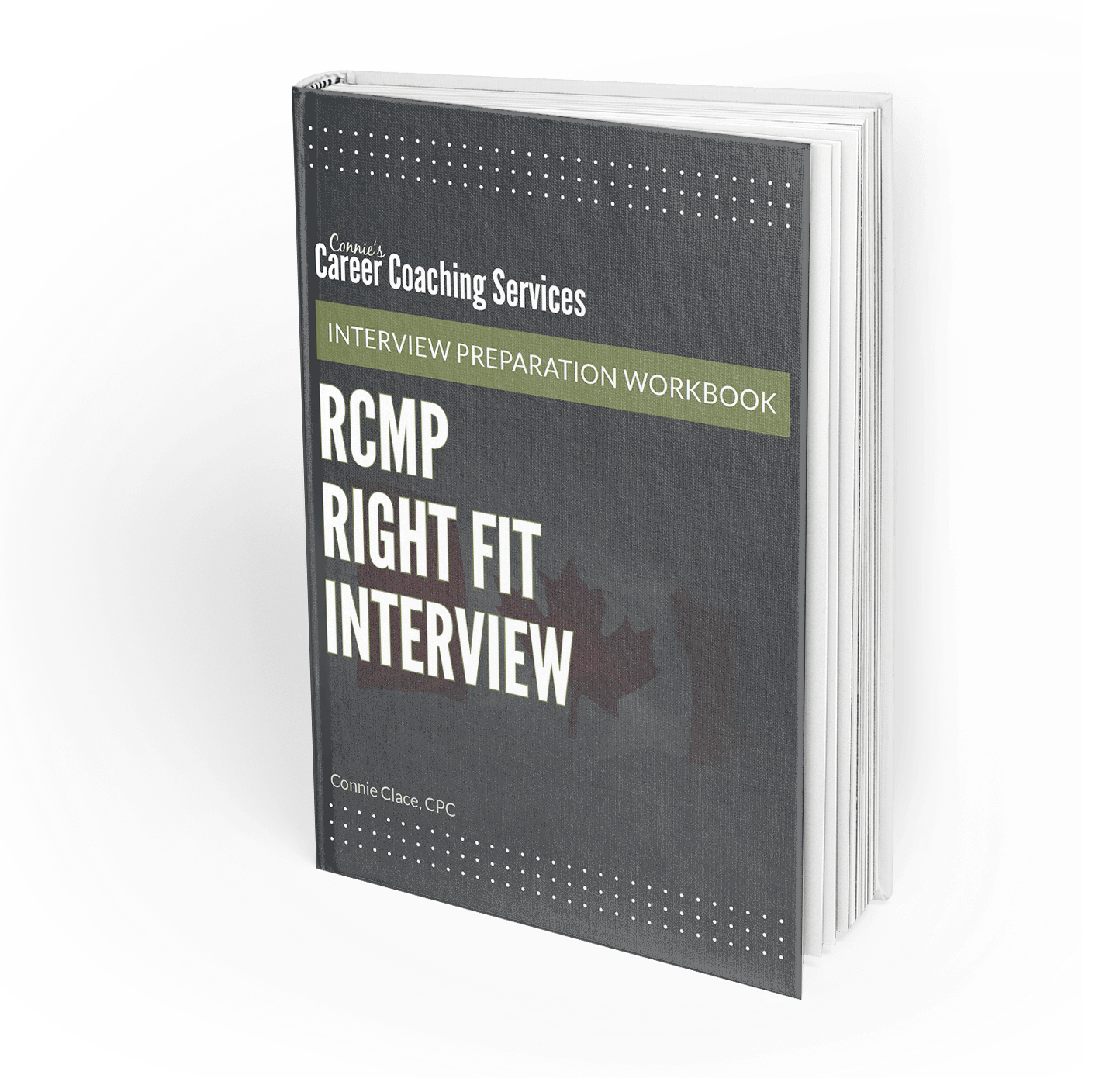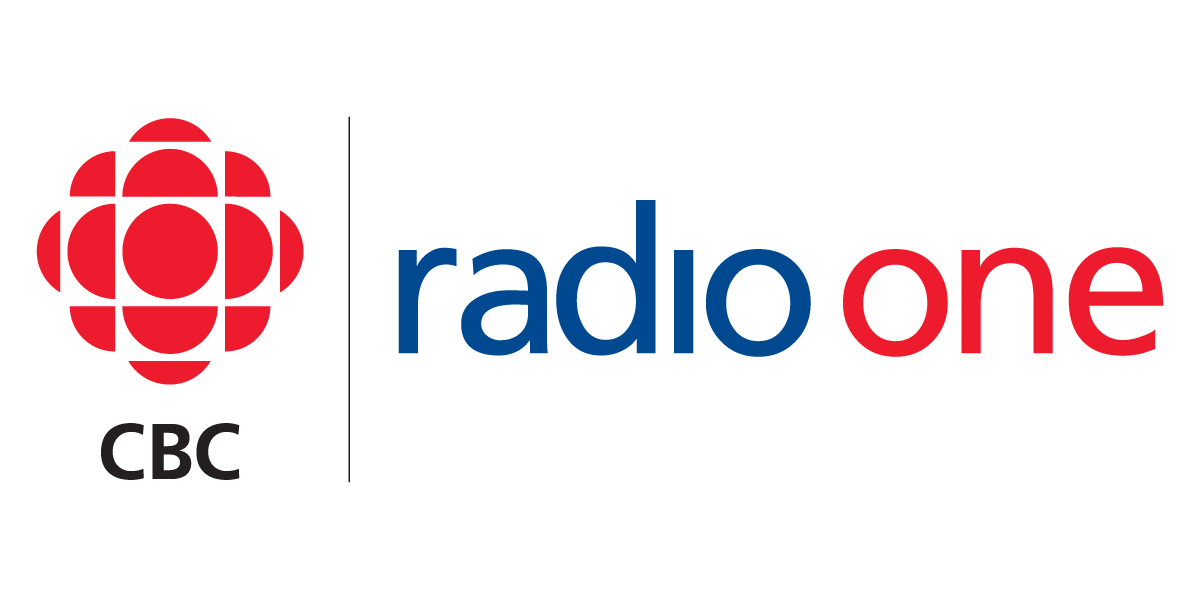Federal Government Jobs – Essential Qualifications
In my first post of this series, I talked about the steps you can take to actually find the job for which you want to apply. In my second post, I outlined how to read the job poster that you found, and what each of the sections means. So now what?
Well, now you have to go through the job poster and see what the qualifications are and assess whether or not you meet them.
In applying for Federal Government Jobs, Essential Qualifications are the minimum requirements that you need to apply for the job. It’s this section that you will use to target your resume and/or cover letter. If you don’t demonstrate that you meet all of the essentials, then your resume will be screened out. There might also be a section called Asset Qualifications or Other Qualifications. This will include the education and/or experiences that are nice to have, but not essential to being qualified for the job. If you do possess the assets, you should include them in your application.
Let’s break this down a bit further now. What are the usual two essential qualifications?
Education
This section will clearly identify what the minimum education is for this job. It might say high school diploma, or it could say a degree in a relevant field, such as business, technology etc. It might say you can have a combination of education and experience. Whatever it is, make sure you include it in your resume so that it’s easy to see and very clear. If you have a degree, and the minimum education is high school, include your high school education. It might seem like it’s a given that you have high school if you have a degree, but don’t leave any doubt. Include the high school.
Experience
This is the experience that the hiring manager has identified as being required for you to be successful in this job. The number of experience clauses is totally dependant on the job. However many there are, you must meet all of them. Failure to demonstrate your experience will result in your resume being screened out. You also have to watch for the wording on the experience statements. You might see words like “Recent” and “Significant” as part of the wording. If you do, they both should be defined on the job poster, with something like:
-
-
-
- “Recent is defined as being within the past five years.”
- “Significant is defined as being for at least three consecutive years”
-
-
If the job poster has recent and significant, then your resume must clearly demonstrate that you meet those time lines. Your professional experience must have dates that reflect how long you have performed those functions so that the person screening the resume can clearly see that you have performed the function within the past five years and have done it for three years or more. And if they want the essential experience articulated in a cover letter, then you must ensure that your paragraphs include how long you have performed a specific function.
Once you have gone through the essential qualifications, you would do the exact same thing for the asset or other qualifications. Identify what assets you have and include those in your resume and/or cover letter.
It’s crucial that you target your resume and/or cover letter to each job for which you apply. Failure to do so may result in you being screened out. So don’t take that one resume you have created, regardless of how good it is, and send it in on every job for which you apply. Each one must speak to each of the essential qualifications. And each job poster will include different essentials.
If you’re not sure how to go about targeting your resume, don’t be afraid to reach out to a Certified Professional Career Coach who has extensive experience targeting resumes to a Statement of Merit Criteria. Take the guess work out of it and make sure you know how to proceed.
As my series of posts continues, we will continue to focus on each of the components of the job poster, and how you can continue preparing. There are many steps involved in being successful with the Federal Government job process. The more you understand the process, the more prepared you will be, which will improve your chances of being successful.
Stay tuned for further insight on this challenging career process. To get caught up with previous posts on Federal Government Jobs, visit Federal Government Jobs – Tips.


Leave a Reply